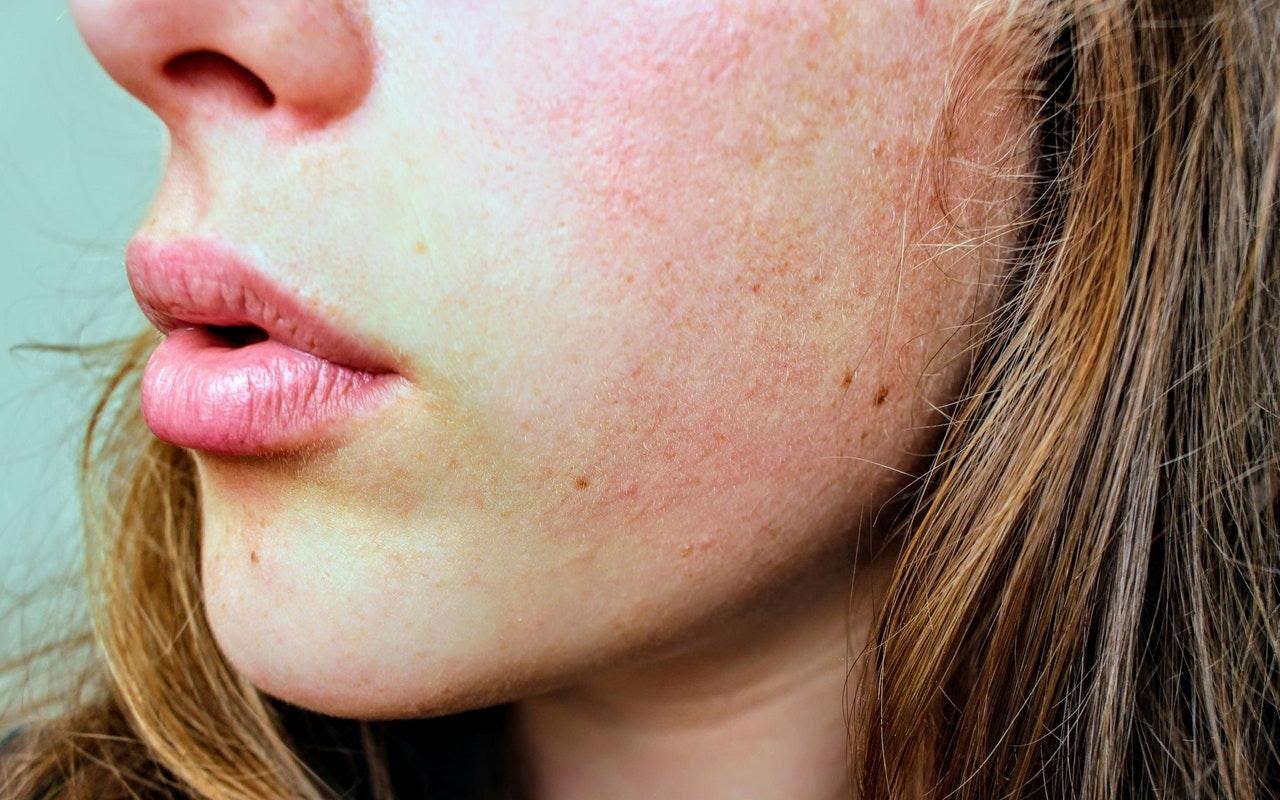
Worried About Dry, Cracked Skin? How to Prevent It
Many people suffer from dry, cracked skin during the cold, winter months. This is often caused by the rapid changes in temperature, which causes the air around you to cool down and dry out your skin.
Several parts of the human body are prone to drying out, ranging from your face to your feet.
But before you go to a licensed chiropodist’s or dermatologist’s clinic, you need to know that the cold air isn’t the only thing to blame — several things can cause your skin to get dry in the winter months.
To learn more about what causes dry skin in the winter and how you can prevent it, be sure to continue reading.
1 – Get a Humidifier
Whenever you use a space heater, wood-burning stove or fireplace in your home, you reduce the humidity in your living space. This lowers the moisture levels in the air, which can dry out your skin

Instead of turning off your favorite appliances for the winter, you can combat the dry air by purchasing a humidifier for your home. These useful items add moisture back into the air, making your skin feel saturated and healthy.
Aside from retaining the moisture levels in your skin, humidifiers can help with issues like:
- Dry eyes
- Allergies
- Bloody noses
- Cracked or chapped lips
2 – Moisturize Your Skin
If you want to see results quickly, you should invest in some high-quality skincare products — particularly, moisturizer.
Several skin care companies create moisturizing products that can help reduce and prevent dry skin. While looking for a moisturizer, you should keep an eye out for water-based products. These moisturizers will naturally boost the moisture levels in your skin.
3 – Eat Food That is High in Antioxidants
Your diet plays a huge role in the overall health and appearance of your skin. If you’ve noticed that your face or feet feel drier than usual, you should switch up your diet immediately. One of the first things you should do is integrate foods that are high in antioxidants into your meals.

Some examples of healthy foods that are high in antioxidants include:
- Pecans
- Blueberries
- Strawberries
- Artichokes
- Kale
If you have a sweet tooth, you can add small amounts of chocolate into your dessert. Chocolate is high in antioxidants and can be beneficial in small quantities.
4 – Avoid Taking Hot Baths and Showers
Many people like to relax by taking a hot bath or shower. However, this isn’t recommended during the cold winter months. This is because hot showers or baths can cause the natural moisture in your skin to evaporate at an increased rate.
If you can’t give up your hot baths or showers, try to limit them to 10 minutes or less.
People need to work particularly hard to keep their skin healthy during the winter. However, if you suffer from a condition like diabetes, you need to be even more diligent with your skincare regimen. This is even truer if you have a foot callus or similar foot condition.
Instead of leaving it up to chance, make sure that you monitor your skin closely and follow the tips mentioned above.




